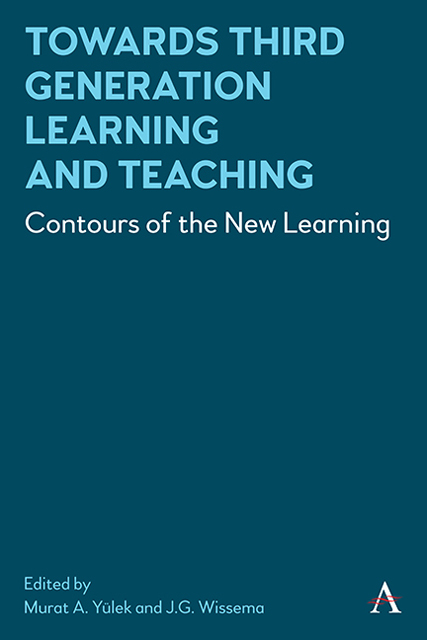Chapter 12 - Agnogenesis Breeds Kakistocracy
Published online by Cambridge University Press: 10 January 2023
Summary
Abstract
This chapter seeks first to reflect on the role that “educational neuroscience” plays or does not play in policymaking. The challenges met by this new discipline during the two decades of its existence (2000–2020) range from skepticism and indifference to fashion phenomenon that saw the proliferation of neuromyths, and the mushrooming of neuro-traffickers and neuro-hijackers. Furthermore, the text below expands on these examples to reflect on the role that science, sound or not, does play or does not play in public opinion-building, decision-making processes, and the epistemological crisis the world has been undergoing over the last decade (that conspiracy theories of all shapes and sizes are a testament of). What is at stake here is nothing less than the future of our children, and hence of humankind.
How Uses and Misuses of Hard Science in (Education) Policymaking, and Beyond, Can Shed Light on the Epistemological Crisis We Are Going Through
1. (past) / Neuro-indifference: neuro-skeptics and neuro-agnostics
1.1 Two forces of inertia opposed the birth of what was to become educational neuroscience.
1.2 Around 2000 an understandable, more or less healthy skepticism was widespread at education policy level. This “neuro-skepticism” in OECD countries came mostly from France, New Zealand and Sweden:
1.2.1 France feared an innovation threatening what it perceived as its leadership (cf. note 5).
1.2.2 New Zealand feared questionable uses and abuses of such an arcane discipline (cf. 5.2.6. & 6.3.3).
1.2.3 Sweden feared hard science could supplant social sciences as reference disciplines (cf. 6 ff. & 7 ff.).
1.3 In the education world, a relative indifference to neuroscience was perceptible:
1.3.1 Many people simply doubted that brain research could contribute to education.
1.3.2 Such an overt, careless and sometimes even condescending lack of curiosity came as a surprise among neuroscientists, and innovation-minded educators were outraged.
1.3.3 The first five education ministries to support the necessary (and huge) transdisciplinary maieutic effort back in 1999 were found in Finland, Japan, Spain, the UK and the USA.
1.4 Things changed when teachers identified the potential of the discipline:
1.4.1 Active resistance immediately developed in policy-making circles, as expected …
1.4.2 … and, even more, within education research, albeit for completely different reasons.
- Type
- Chapter
- Information
- Towards Third Generation Learning and TeachingContours of the New Learning, pp. 181 - 192Publisher: Anthem PressPrint publication year: 2022



